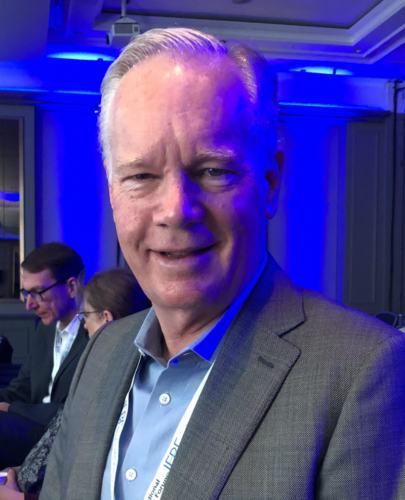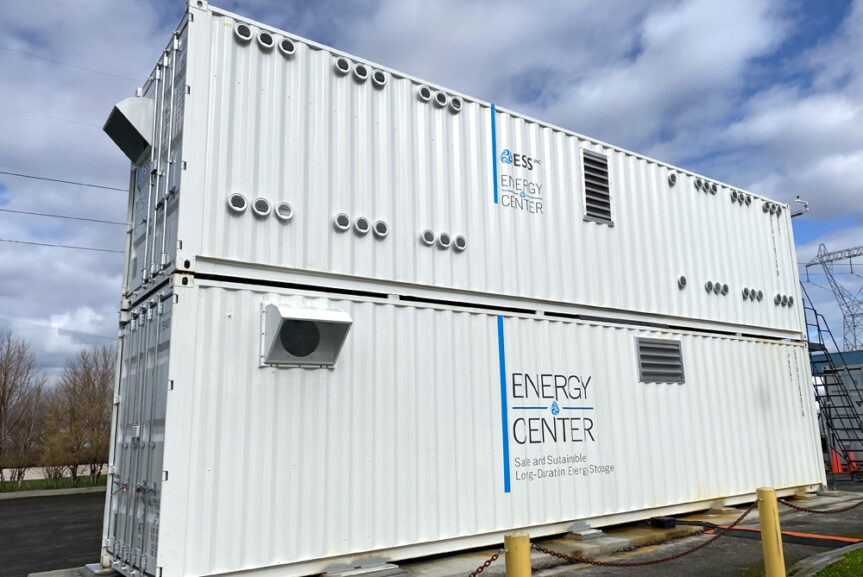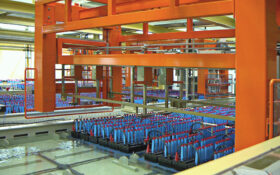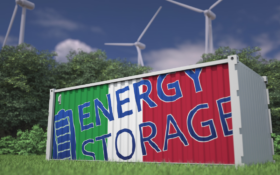The slower pace of cash funding has delayed projects by some six months, according to Larry Zulch, CEO of flow battery company Invinity Energy Systems.
In an interview with BEST, Zulch said the company had hoped to complete its funding in 2023. It stated in its annual report for 2023 it concluded a strategic investment from the UK Infrastructure Bank of £25 million ($32 million) and an investment from Korea Investment Partners of £3 million as part of a larger £57.4 million of fundraising completed in May.
In addition, as part of the capital raise in March 2023, Everbrite Technology Co, a leading Taiwanese manufacturer of industrial technology, subscribed for £2.5 million of Invinity shares.
“So that’s terrific,” he said. “That puts us in a position to have enough money to fund our operations until we make enough positive margin off Mistral to be a business as cash flow positive. That was the purpose of the fundraising, to give us enough money to get where we need to go.” Mistral is its latest flow battery, on which it is pinning its hopes.
Zulch said Invinity did not see funds until May this year, after the funding was approved by shareholders. This was more than six months beyond what he hoped when Invinity started the process part way through 2023.
Asked if it was holding Invinity back, he said: “It delayed things. It’s not holding us back anymore because we have the money, but what it did is it shifted some of our schedules into the future, which is painful because we feel the need to move quickly given the magnitude of the opportunity. And because our shareholders want to see us get to profitability, as do we.”
He said the company is aiming to achieve profitability or break-even next year. “We want to not need outside funds in 2026. We want to be self-funding in 2026. That’s our goal.”
Right now, the company is focused on getting Mistral out, and then will look to optimise it, he said. That will mean configurations appropriate for different uses. The first Mistrals coming out are really designed for more than 10MWh, he said.
Zulch said Mistral is a technology platform that is inherently 30% less expensive than its flagship VS3 platform. As Mistral’s capabilities are demonstrated, production will build and costs will come down, he said. It has a comparatively small physical footprint that it believes will lead to lower operating and maintenance costs.












